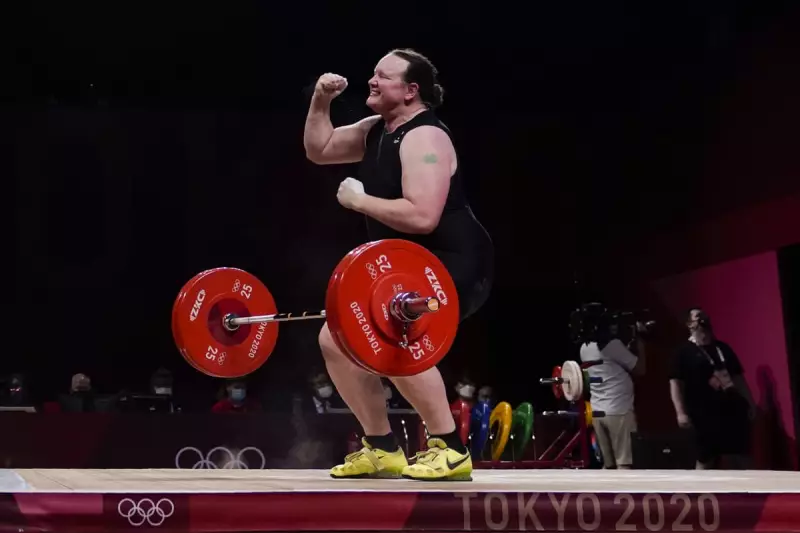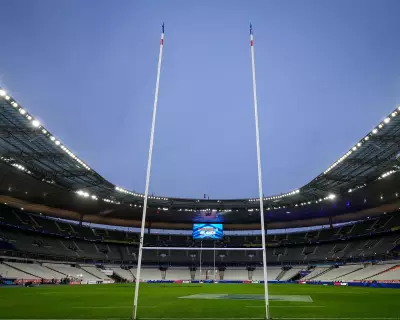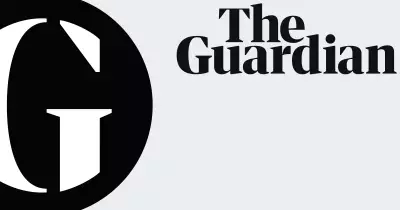
The International Olympic Committee is reportedly moving closer to implementing a significant policy change that would ban transgender women from competing in female categories at future Olympic Games.
The Push for Policy Change
Multiple sources indicate that the IOC is expected to introduce this ban within the next six to twelve months. The driving force behind this change appears to be new IOC president Kirsty Coventry, who made protecting the female category a central pledge during her campaign.
This potential policy shift comes as the organisation faces increasing pressure to address the complex issue of transgender participation in women's sports. The move would likely be implemented in time for the Los Angeles Olympics in 2028, potentially avoiding conflict with US political figures who have taken strong stances on this matter.
Scientific Evidence and Internal Debates
Speculation about an imminent policy decision intensified recently when Dr Jane Thornton, the IOC's director of health, medicine and science, presented a science-based review to committee members. The presentation reportedly highlighted permanent physical advantages for athletes born male, even after transition.
However, the IOC faces internal challenges regarding athletes with Differences of Sexual Development (DSD). These individuals, like champion runner Caster Semenya, were identified as female at birth but possess male chromosomes and testosterone levels. While World Athletics has barred such athletes from female competition, other governing bodies like FIFA maintain different policies.
Unresolved Questions and Timeline
Despite the momentum toward a ban, several crucial questions remain unanswered. Will the IOC adopt testing methods similar to World Athletics' SRY cheek-swab gene test? How will the organisation ensure any new policy withstands potential legal challenges?
The IOC has officially denied that any final decision has been made, stating that working groups continue their deliberations. Some insiders suggest summer 2026 might represent a more realistic timeframe for implementing new regulations.
This developing story represents one of the most significant policy debates in modern sports, balancing inclusion with competitive fairness in women's categories at the highest level of international competition.





